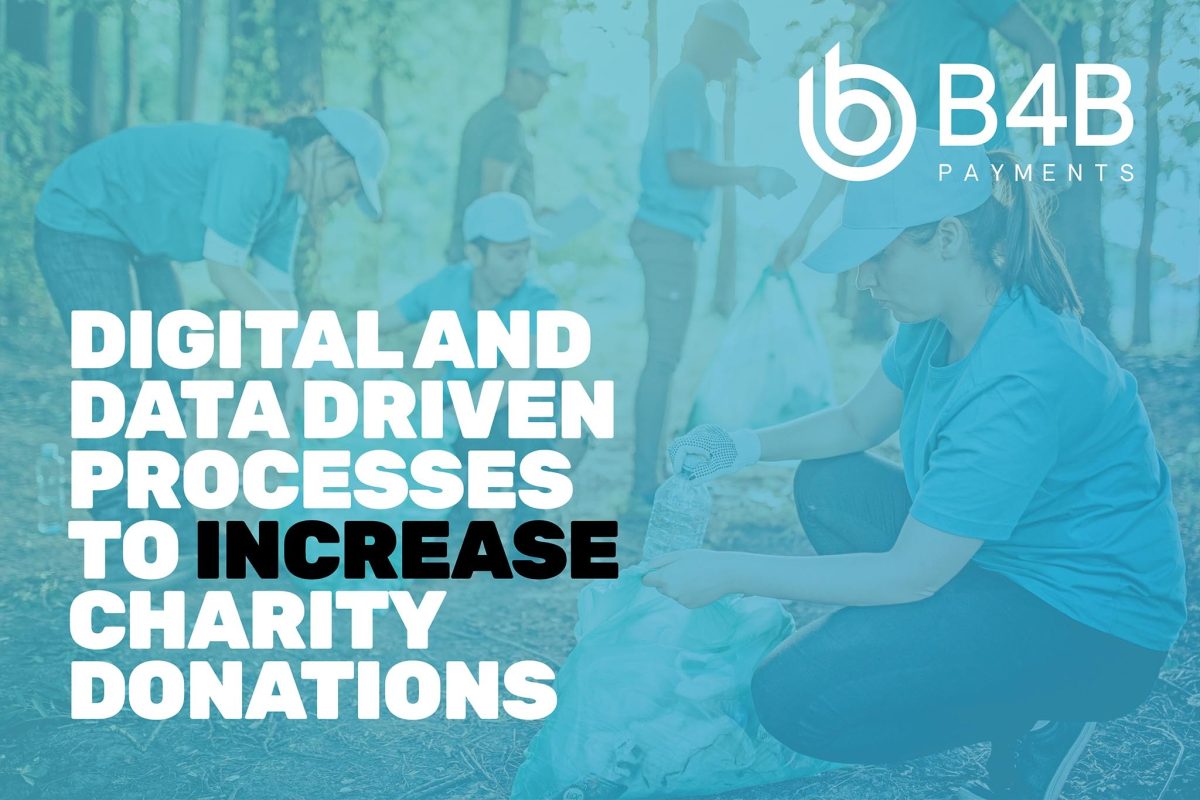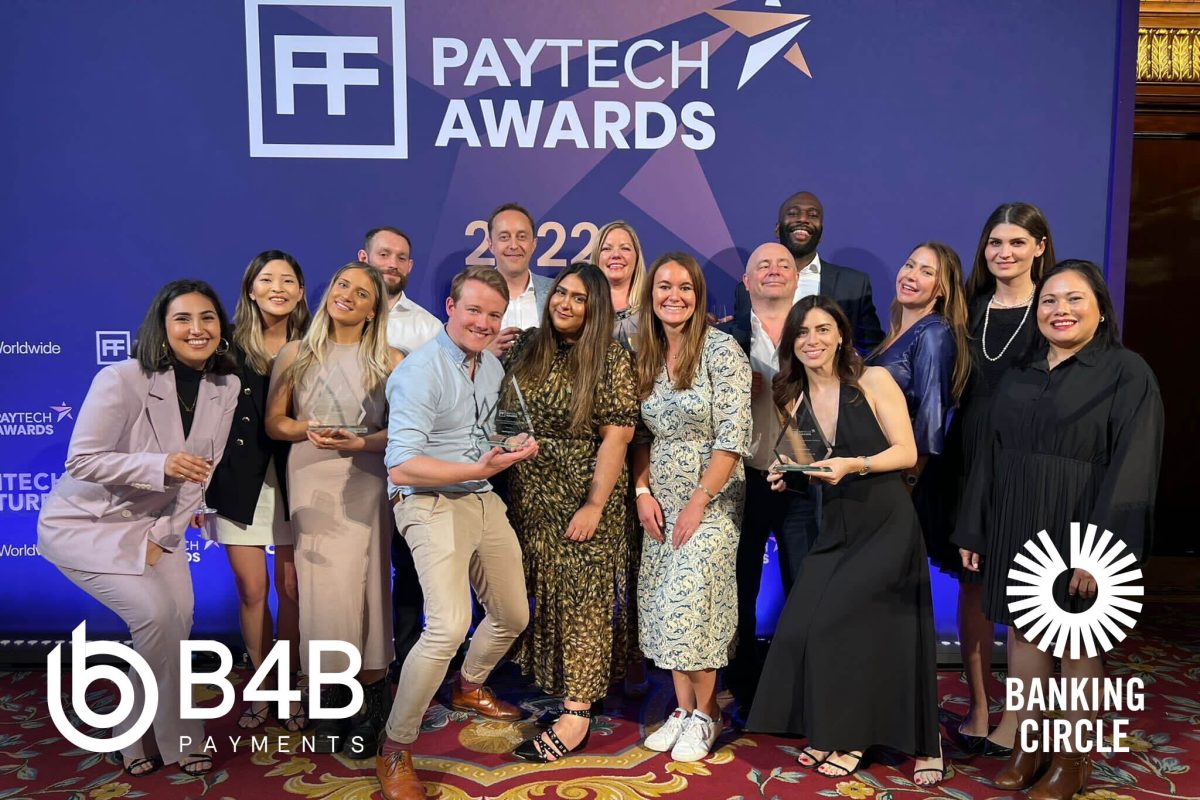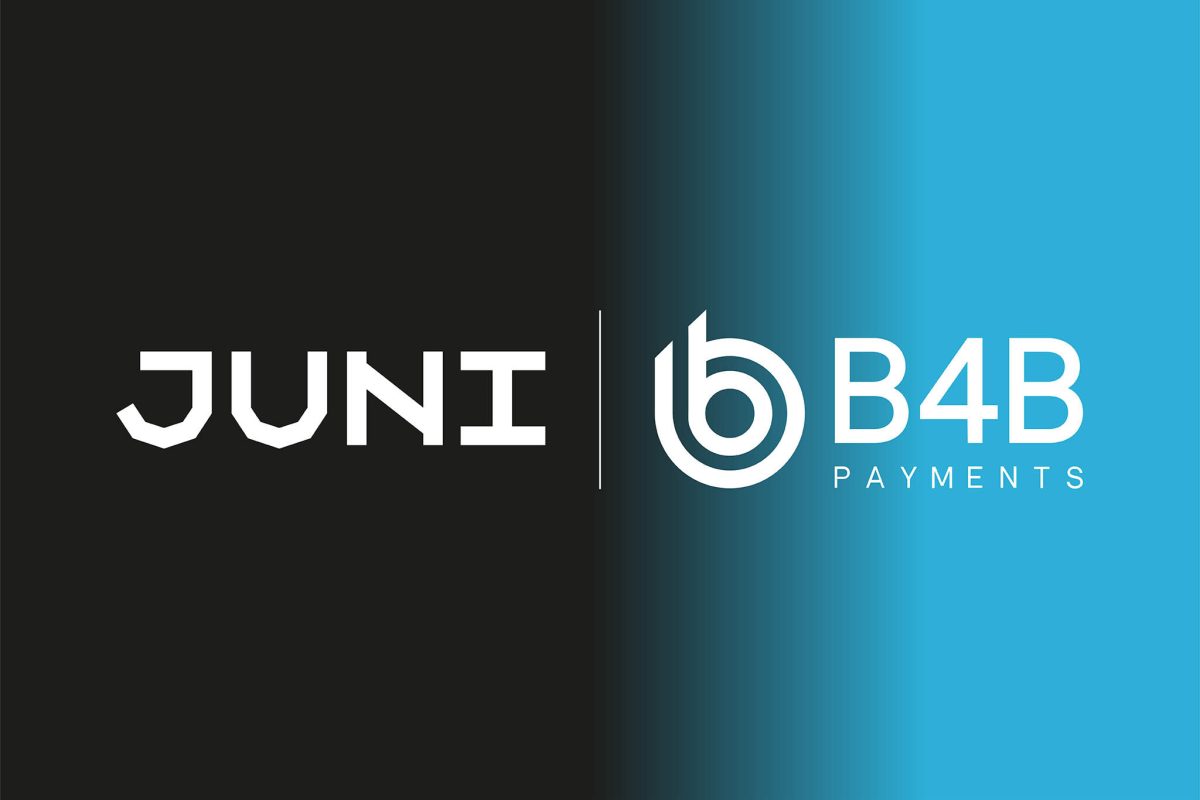Increasing numbers of businesses in all industries are making financial services part of their business proposition to improve their traditional offering and delight their customers.
Whether it’s offering branded cards or buy-now-pay-later payment accounts, embedded finance (or Banking as a Service) can help you offer attractive new features and drive customer engagement and loyalty.
To offer electronic payment accounts like these, companies need an Electronic Money Institution (EMI or eMoney) license. For companies offering payment cards, they’ll also need to be a member of a card scheme like MasterCard or Visa.
Businesses exploring the potential of adding embedded finance features into their business offering quickly discover that the process of applying for these licenses is complex and daunting. Instead, many opt to partner with a BIN sponsor, leveraging another organisation’s license and scheme membership to offer services without the regulatory burden of becoming authorised themselves.
There are a number of BIN sponsors on the market, and it can be difficult to differentiate the benefits offered by different providers. Here are a few things to consider when selecting a BIN sponsor for your business…
Does my BIN sponsor have the right licenses for my needs?
Starting with the obvious – it’s important that your BIN sponsor has the correct licenses for your needs. This sounds simpler than it is, particularly if you want to offer your services internationally.
For the UK, for example, eMoney licenses are issued by the Financial Conduct Authority. However, since Brexit, UK-authorised EMI’s are no longer automatically able to access SEPA, the Single Euro Payments area, to make and receive payments across Europe. If you’d like to offer payment services in Europe, your BIN sponsor will need a separate license for this if they’re a UK EMI – B4B Payments is authorised by the Bank of Lithuania, meaning our Emoney License is applicable across Europe, as well as by the FCA for UK operations.
In the United States it’s even more complex; eMoney licenses are managed at a state level rather than federally, so you’ll need to apply to the individual licensing boards for the states you’d like to offer services in. Other countries across the world have their own individual, separate requirements too. Similarly, it’s important to check you’ll have access to the right card scheme memberships, to be sure you’re able to offer cards which are familiar and widely-usable in stores or ATMs in your target country.
Does my BIN sponsor have experience working with businesses like mine?
While the first area to check is that a prospective BIN sponsor holds the relevant licenses and scheme memberships, that’s not the end of the story. Not all BIN sponsors are cut from the same cloth, and like all businesses, each will have its own specialist areas of expertise.
It goes without saying that different businesses have different needs, and even though BIN sponsorship may seem a simple service, partnering with a BIN sponsor who has experience working with businesses in your industry or sector can help smooth the path and ensure a positive, productive relationship for years to come.
For example – a fast-moving fintech needs a partner who understands the importance of maximising speed to market, and who’s willing to push the boundaries of their service offerings to deliver new and innovative solutions and to work with them through their own applications for EMI licenses or scheme membership. At the other end of the spectrum, a business who simply wants to issue store cards will have simpler needs and could be happier with an off-the-shelf co-brand solution which can be cheaper to mobilise.
What other areas could my BIN sponsor support me with?
At its simplest level, BIN sponsorship simply involves issuing BIN ranges – the first six numbers on a payment card which identify the bank who issued it. However, if you’re in the process of launching your own card scheme it’s likely that you’ll need far more than just this service.
Some additional services, such as regulatory reporting, compliance management and fraud monitoring, are the responsibility of the BIN sponsor by default. However, things like card manufacturing or foreign exchange services may not be.
To avoid having to coordinate multiple third-party suppliers, it’s worth checking the full range of features a prospective BIN sponsor is able to offer throughout your growth lifecycle, as investing in an end-to-end solution could significantly reduce the time it takes to bring your card scheme to market.
Can my BIN sponsorship solution scale as my company grows?
Many fintech organisations see a partnership with a BIN sponsor as a temporary state, and have ambitions to hold their own eMoney license, scheme memberships or even their own banking license.
The process of applying for these licenses is lengthy and expensive (with good reason – it’s vital that regulated entities are asked to prove their suitability to offer such critical services), and can take many years to acquire. They’re also not a one-and-done process – there are a number of intermediate steps on the path to becoming a fully regulated financial institution, and in the fast-moving world of fintech the path to authorisation can seem painfully slow.
For fintech companies, a BIN sponsor should be able to accommodate and support your business through each stage of its growth with a flexible and scalable set of services. Gaining an eMoney license means you’ll no longer need to leverage your BIN sponsor’s license, but you may well still need to leverage card scheme memberships. Further down the line, should you be granted your own scheme memberships you may still need support from your BIN sponsor for things like funds safeguarding or accounts.
B4B Payments’ BIN Sponsorship 2.0 solution is designed to support fintech organisations through every step of their transition from a new, unregulated business to a fully regulated EMI with scheme permissions. Our offering is designed to flex and scale as you grow, helping you to become more independent whilst continuing to offer the features you need to get to the next stage of your journey.
Does my BIN sponsor’s platform integrate with my technology?
It’s important to consider how you and your customers will access their services, and this means checking that they have a robust technology platform which will integrate with your own offering.
Fintechs often live or die based on their customer experience, and most invest huge amounts of time and effort into designing an intuitive, inviting and easy-to-use interface for their customers. It’s vital, then, that the transition from your company’s own platform into the areas your BIN sponsor controls, such as payments or accounts, is seamless – an ugly iFrame could negatively affect your customers’ experience, and your brand’s reputation in turn.
Ensuring that features like card issuing, management and payment are integrated with your own systems in a way that maintains the high quality experience and technology, you’ve spent so long developing means finding a BIN sponsor who has the same commitment to UX as you do.
B4B Payments’ card issuing and payment platform is designed to integrate seamlessly into your own workflows for an end-to-end embedded finance solution. Our robust API and webhook functionality makes it easy for developers to build our advanced payment features into your own platform, whilst maintaining the highest levels of security and compliance throughout.
With over 15 years of expertise in payments and now as part of the Banking Circle group of companies, B4B Payments is a globally recognised and trusted provider of card issuing and payment services.
Since 2006, we’ve supported thousands of businesses to bring innovative fintech solutions to market via our robust payments platform.
Our next-generation BIN sponsorship 2.0 solution supports fintechs along every step of their journey from co-brand to fully regulated issuer and scheme member.
Our team has a market-leading level of knowledge and expertise to help you grow your business with the power of scalable and secure payments, and our market-leading solutions provide everything you need to put payments at the heart of your proposition.
Get in touch today to find out how B4B Payments can help you make your fintech ideas a reality with our next-gen BIN Sponsorship services.













